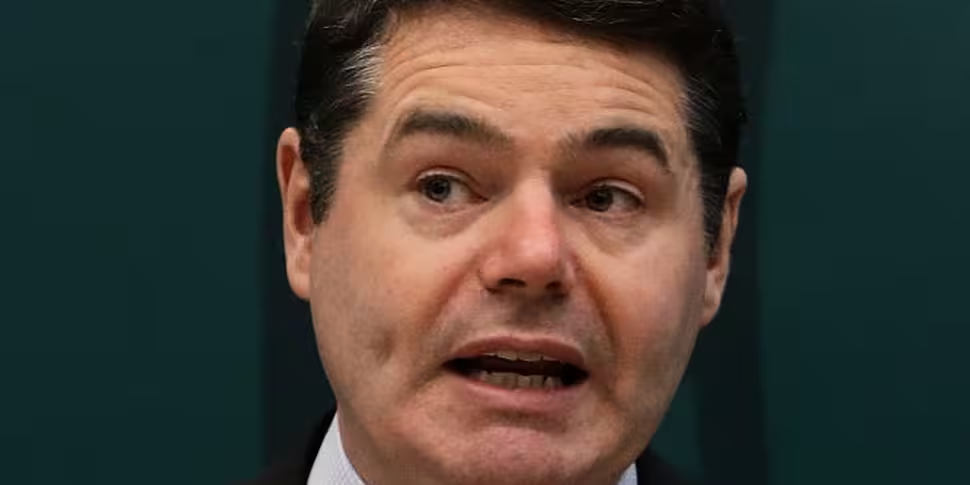The Finance Minister has insisted Ireland’s public service has seen “significant recruitment” despite the two-tier payment system facing new recruits.
A new Government report is warning that it will cost the taxpayer some €200m to address pay inequality across the public sector.
The two-tier pay scale was introduced as an emergency measure following the financial crash.
Over 60,000 public sector workers hired after 2011 are on a different pay-scale to their colleagues hired before the cut-off.
Recruitment and retention
Unions have long warned that it has led to recruitment and retention difficulties in key sectors – particularly in education.
The Minister for Education Richard Bruton was forced in January to announce a range of measures aimed at tackling teacher shortages in both primary and secondary schools.
Secondary schools have reported difficulties recruiting teachers in key subjects including Irish, maths and physics - while up to 90% of the country's catholic primary schools are struggling to recruit substitutes to cover short-term absences.
The two-tier system was one of the main issues leading to industrial action among teachers in 2016 – and all three of the country’s main teacher unions have rejected the Governments over-arching public sector pay offer.
The government has now agreed enter fresh talks with trade unions in a bid to address the issue.
Complexity
Launching the Government’s ‘New-Entrant Salary Scale Report’ this afternoon, Finance Minister Paschal Donohoe said it “highlights the considerable complexity, scope and costs associated with this matter - as we have always maintained.”
He noted that the issue impacts on “hundreds of salary scales right across the public service.”
“The data also shows that the reduced pay points introduced during a time of crisis have not prevented very significant recruitment to our public service in the years since.”
Discrimination
Following the launch the Teachers Union of Ireland (TUI) pledged to “make it clear” when it meets the Government that “pay discrimination must be ended as a matter of urgency.”
Union president Joanne Irwin said: “We believe that the core issue and its solution are straightforward enough that a lengthy period of consultation will not be required.”
“Pay discrimination is corroding the morale of teachers and lecturers and damaging the education service - resulting in increasingly severe difficulties in terms of recruitment and retention of staff.
“These issues will worsen until such time as pay equality is achieved.”
Public sector pay
In a statement, the Department of Education noted that the Haddington Road Agreement saw progress on merging new-entrant pay scales with pre-2011 levels.
It said that if unions accepted the Public Service Stability Agreement, pay levels for new entrants would reach €37,600 by October 2020.
It said teachers alone would account for €83m of the projected €200m cost of abolishing pay inequality.
Education Minister Richard Bruton said the report merits detailed discussion between all sides, adding “I look forward to those discussions commencing in the near future and to further progress on this matter.”









